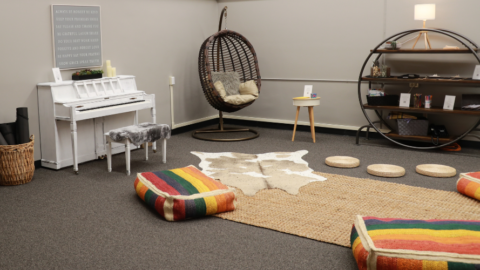Strengthening Pediatric Behavioral Health Integration: New Toolkit for Providers
AUTHORS
 Kristina Mody
Kristina Mody
Director, Practice Transformation

Director, Practice Transformation

TOPLINES
Children, adolescents and families across California face growing behavioral health needs, yet access to timely, integrated care remains challenging. To help address these gaps, the California Quality Collaborative (CQC) has released the Behavioral Health Integration – Children and Youth Collaborative Learning Exchange (BHI-CYCLE) Toolkit, highlighting tactics and actions primary care and pediatric providers can take to integrate behavioral health into their practices.
Developed from the experiences of health systems including leading integrated system Rady Children’s Health as well as those who participated in the BHI-CYCLE collaborative, the toolkit provides practical guidance, adaptive solutions and case studies that can be applied in pediatric and primary care settings of all sizes.
Building on Statewide Learning
The toolkit covers seven key areas for advancing integration:
- Integrated models of care for children
- Integrated workflows that guide patient and family care
- Team-based approaches for behavioral health integration (BHI teams)
- Screening and measurement-informed care using validated tools
- Financing and sustainability strategies
- Equity-centered patient and caregiver engagement
- Quality improvement and data to drive lasting change
It also includes real-life lessons from providers such as AltaMed Health Services and San Francisco Health Network, showcasing how organizations are adapting models to strengthen integrated care for children and adolescents.
Why It Matters
Integrating behavioral health into pediatric primary care is critical to ensuring children and families receive comprehensive, equitable whole-child care. By embedding screening, multidisciplinary teams and care coordination into primary care and pediatrics, health systems can reduce access barriers, improve outcomes and address disparities.
Access the Toolkit
The BHI-CYCLE Toolkit is now available for download. Explore the full resource here:
Learn more about BHI-CYCLE.



